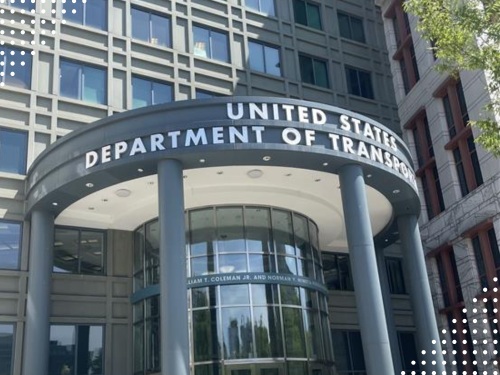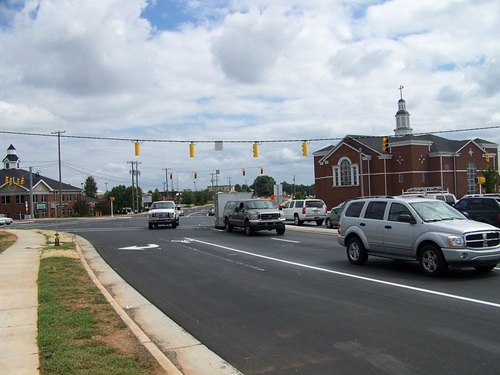The Federal Railroad Administration recently issued a notice of funding opportunity or NOFO making more than $2.4 billion in Consolidated Rail Infrastructure and Safety Improvements or CRISI program grant funding available.
[Above photo by FRA]
The FRA said this NOFO includes funding for fiscal years 2023 and 2024 and builds on more than $1.4 billion in CRISI grants issued in September 2023.
FRA noted in a statement that CRISI grants provide a major source of funding for rural communities and short line railroads, many of which are small businesses whose operations bolster local economies and are crucial for supply chain fluidity.
Additionally, by funding projects such as trespass prevention efforts and the rehabilitation or procurement of zero- or low-emissions locomotives, among other initiatives, the CRISI program benefits short line railroad operations and the quality of life for local communities.

[Editor’s note: In a separate action, the FRA issued a final rule on April 2 establishing minimum safety requirements for the size of train crews. According to an agency statement, the new rule enhances safety in the rail industry by generally requiring and emphasizing the importance and necessity of a second crewmember on all trains.]
FRA also noted that CRISI grants can support important workforce development and training programs to retain current employees and attract new individuals to the rail industry.
Concurrently, FRA also awarded $900,000 to three entities through its Interstate Rail Compacts or IRC grant program, which supports multi-state and regional passenger rail service expansion efforts.
One of those “entities” awarded funds is the North Carolina Department of Transportation, which received a planning grant on behalf of the Virginia–North Carolina Interstate High-Speed Rail Compact Commission; known as the VA-NC HSR Compact.
That grant will help fund administration and system planning activities to complete the Southeast Rail Network Analysis, which seeks to improve the “fluidity” of the Southeast rail network to benefit both passenger and freight rail, FRA said.
The NCDOT and Virginia Department of Rail and Public Transportation – the entities operating the VA-NC HSR Compact – will contribute funds totaling a 50 percent non-federal match, FRA added.
The agency noted in a statement that IRCs are agreements or compacts passed into law by two or more states that support and facilitate the development of multi-state and regional intercity passenger rail services.
Member states of an IRC can implement the agreement through a commission that is empowered to carry out the necessary planning, administration, and coordination needed to run a passenger rail service. This process allows entities in an IRC to streamline their activities and advance a unified approach to solving regional passenger rail issues, FRA said.
 Top Stories
Top Stories


